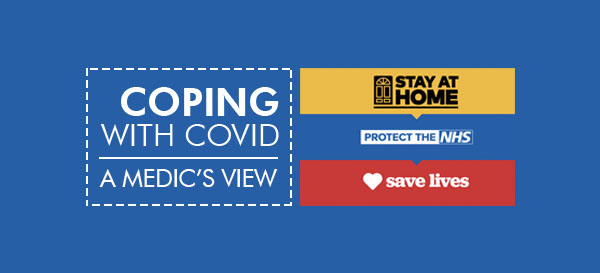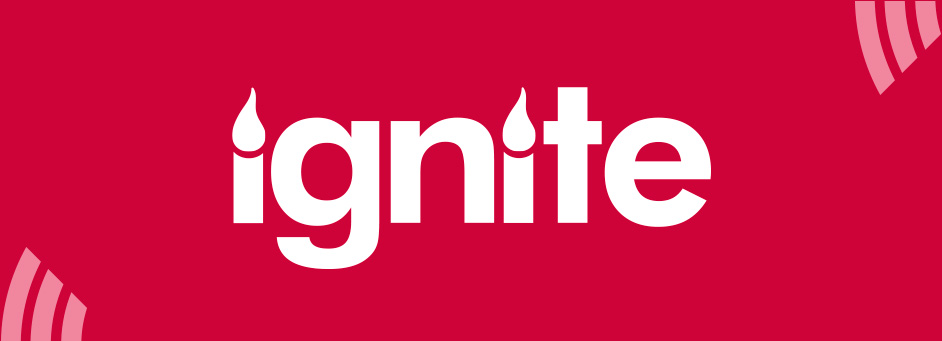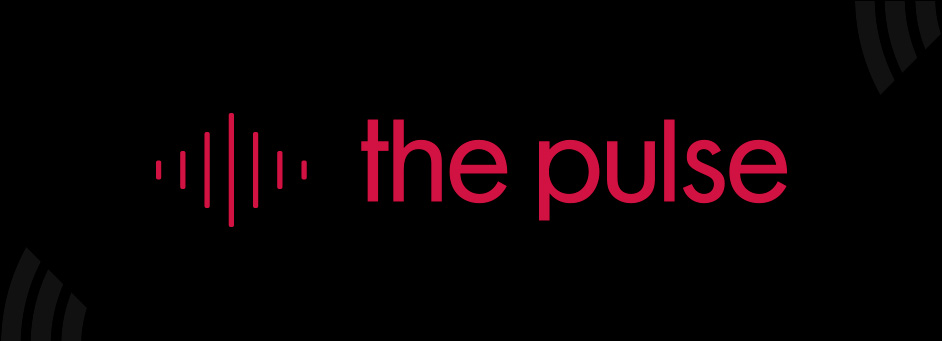© 2020 Paul Goffin / Harvest City Church
We are living in unprecedented times at present, such that none of us in healthcare have ever experienced before. In my practice we have changed to telephone triage of all patients, rather them seeing them face to face. I have been wearing theatre scrubs again and have been consulting in personal protective equipment; the first time in my nearly 40 year medical career that I have ever had to do that. My wife is coming out of retirement and re-joining the medical workforce, something that she did not foresee ever happening when she retired a few years ago.
Many people have become ill in this Covid-19 pandemic—deaths in the UK now stand at over 1000 and will rise much higher—and doctors have also been among the victims. We have seen the situation bring out the best and worst in people: contrast the panic buying that some people have indulged in with the way that other have sought to do shopping and provide other services for friends, relatives and neighbours. As Christians who are also healthcare workers, and thus on the frontline, how should we respond to this situation? The following are a few of my thoughts on the matter which I hope you will find useful as you do your part in dealing with this situation.
The first thing is that it is natural to feel that one is afraid, both of the disease itself and also that we will not be able to cope as professionals and our personal lives. There is absolutely nothing wrong with this feeling. The astronaut John Young, the ninth man to walk on the moon, was asked if he was worried about making the first flight in the Space Shuttle. His answer was, ‘Anyone who sits on top of the largest hydrogen-oxygen fuelled system in the world, knowing they’re going to light the bottom, and doesn’t get worried, does not fully understand the situation.’
As professionals we know the situation and we have reason to be worried, but we must not let fear rule our hearts and minds because that is an even bigger danger. This situation requires us all to use the abilities and skills that God has given us for the good of others: this is what God has called us to do. I know that can sound very pretentious but we are all in the roles that we have because God has made it possible for us to be here, and the abilities that we have are ours because He has given them to us. We are not in this on our own, and we serve a God who does love us, cares for us, and sent his Son to die on the cross for us.
God has put us here and now for a reason. For some of us this is the beginning of our careers, and may seem an enormous challenge. For some, we expected to be winding down but instead we are facing the biggest challenge of our career. None of us would choose to be in this crisis, but we are here and this is what God has called us to deal with, and we can rely on Him to get us through it. It may not be pleasant, it will be hard and stressful, we will have experiences that we would not want, some of us may end up paying a price for going through it, but God has a plan for all of us through this pandemic.
Just as Jesus struggled with what He was about to go through at Gethsemane, so some of us will find coming to terms with the situation hard, but we are not on our own.
An analogy for the situation is the Battle of Britain. In 1940 a few hundred pilots in Fighter Command daily went out to fight aerial battles with the Luftwaffe in the skies over Southern Britain. They faced dangers that the rest of the country could see but did not themselves face but by doing so—and at a real cost to themselves—they prevented the Germans invading Britain. We will be going to work, leaving our friends and families, facing dangers and risks that the rest of the population will not, but we must remember that we are doing it for them. This will take courage and determination, and it will not be easy, but I think that we are called to the challenge.
SOME PRACTICAL ADVICE:
- This pandemic will end, life will return to normal, but we will only get there one day at a time. Concentrate on the day ahead of you now, not what might happen in the future. We need to plan ahead. There is a definite need for forward planning, but we can waste a lot of nervous energy worrying about things that may never happen.
- Stay calm. Panic never improves a situation. Concentrate on what you are doing now. When I was an anaesthetist, emergency situations would sometimes arise without any warning. I found the key to coping was to take a deep breath, gather my thoughts and then deal with the situation. This is especially important when dealing with risky situations, such as potentially or actually infected patients. Make sure that you are using protective equipment properly and washing your hands as appropriate: do not be rushed. Take a few moments to think things through and respond rather than reacting.
- Be prepared to do extra duties if required, but know your limits. We can all expect to be busier than usual but we all have breaking points. Make sure that you do not reach yours.
- Keep the news in perspective. The media love disasters and have a tendency to turn everything into a catastrophe. If the news upsets you, turn it off. What is going to happen will happen anyway, it is no use worrying about speculation.
- Make sure that you have time to eat, drink and rest. Do not feel guilty about having breaks. If you become unwell because you are not eating properly you cannot help others. There is a reason that when the oxygen masks come down on an aeroplane you are told to put your on first before helping others: if you are not functioning properly you cannot help others. Your personal well-being is a priority, not an afterthought.
- Ask for help if you need it. This is a stressful time, and there is nothing to be ashamed of if you feel you cannot cope. We are probably all going to feel that we cannot cope at some point. Contact a friend for a chat, there is always someone available through church or the medics group. We are in this together and together we can get through it.
- Get some exercise every day. I often go for a walk before starting work, you may do it another time or do some other form of exercise, but we need to keep exercising. If we do become ill ourselves the outcome will be better if we are fit and well before it starts.
- Keep reading your Bible, praying and attending church online. This can be difficult because of time pressure or feeling stressed but needs to be a priority. As we cannot actually meet at church everything is available online, so try and use that resource when you can. The fact that church is now online may actually make it easier to participate if we are working different shifts.
- Enjoy your job when you can. This is not going to be a fun time but we should try and take satisfaction in what we do and try and enjoy it when we can. There may not be any big things but we all have those little triumphs in what we do, and those patients who brighten our day: make sure that you enjoy those moments. This is why we go to work after all. We also need to enjoy being part of a team. It has been a great blessing to me to see how everyone in our practice has rallied around to make the changes required.
Remember that what we do is really having a positive impact on the lives of others, both our patients and those we are working with. This is quite a privilege. This is a difficult situation but we can do something about it. Our work has a real impact. We may not have the opportunity to witness to others about our faith at this time but people will see how we work, what motivates us and sustains us. This is a great witness for the future.
We are making a difference, we are saving lives, we are improving things for people. We are professionals, whatever our role, and we can do this!












